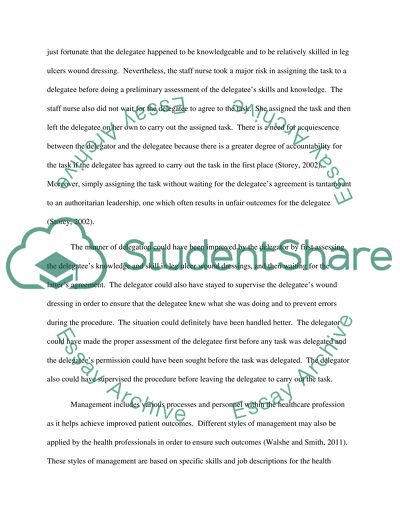Cite this document
(“Preparation for professional practice Essay Example | Topics and Well Written Essays - 3000 words”, n.d.)
Retrieved from https://studentshare.org/nursing/1399039-preparation-for-professional-practice
Retrieved from https://studentshare.org/nursing/1399039-preparation-for-professional-practice
(Preparation for Professional Practice Essay Example | Topics and Well Written Essays - 3000 Words)
https://studentshare.org/nursing/1399039-preparation-for-professional-practice.
https://studentshare.org/nursing/1399039-preparation-for-professional-practice.
“Preparation for Professional Practice Essay Example | Topics and Well Written Essays - 3000 Words”, n.d. https://studentshare.org/nursing/1399039-preparation-for-professional-practice.


